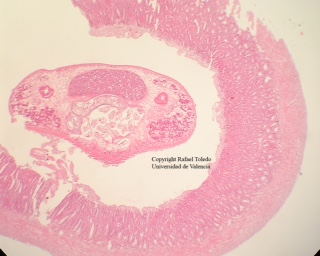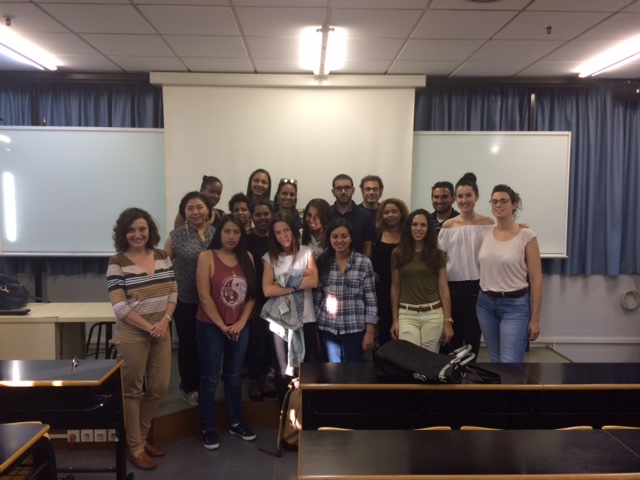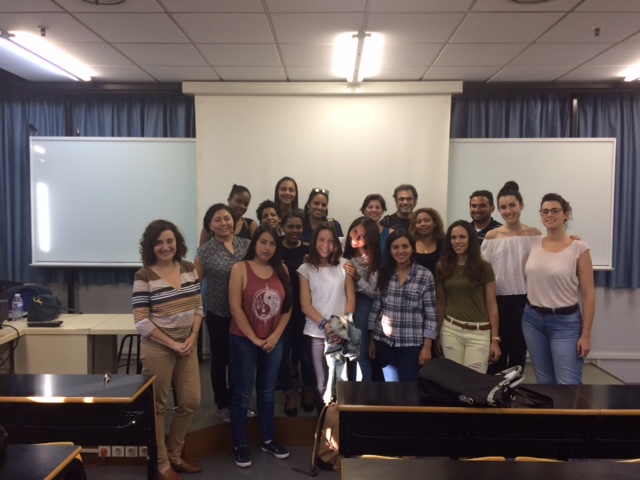
In the last century, the prevalence of different autoimmune diseases has continued to grow in industrialised countries. However, in the developing countries the incidences of these diseases are constant and relatively low.
18 january 2016
The determining factors of these epidemiologic differences are unknown and it has been suggested that environmental, geographical, genetic or ethnic factors can influence the development of these pathologies. Nonetheless, it is hard to explain, in accordance to these parameters, the asymmetrical geographic distribution of the autoimmune pathologies and the difference in the prevalence between the first and the third world.
In 1989, David Strachan proposed the so-called Hygiene Hypothesis in which he suggests that the growing incidence of allergic and autoimmune diseases is related to the reduced exposure to different germs, due to higher levels of the hygiene and health conditions dominating in industrialised countries and to the fact that there is less contact with animals in those areas. The exposure to these germs with a low pathogenicity level helps our immune system to adapt, so that it does not overreact to common environmental factors. This explains the fact that autoimmune diseases have a much greater incidence in developed countries.
In this context infections by Helminths can play a major role. Human infections by Helminths were almost universal until the beginning of the 20 century. However, the incidence of these infections has been reduced in industrialised countries simultaneously with the progressive growth in the prevalence of autoimmune and allergic diseases.
Despite the fact that there are not conclusive evidences of the inverse relationship between helminthiasis and the autoimmune and allergic diseases, the studies suggest that the exposure to helminths allows the correct development of T cells and other components of the immune system through their immunoregulatory ability, in a way that the regulatory responses which are antagonist to those provoked by autoimmune diseases.
The work of different research groups has shown that infections by helminths reduce the immune autoreactivity and protect against autoimmune diseases. These parasites reduce the swelling produced by Th1 and Th17 cells which are typical of these pathologies, through the inducement of Th2 responses and of alternatively charged macrophages. Thus, the therapy with helminths, like the Necator americanus or the Thichuris suis, is a promising alternative against different autoimmune diseases like Crohn’s disease, Bowel’s disease, ulcerative colitis, multiple sclerosis, autoimmune diabetes or asthma.
Published by: Paula Tomás Gimeno











